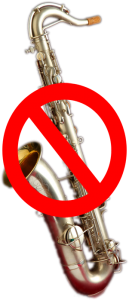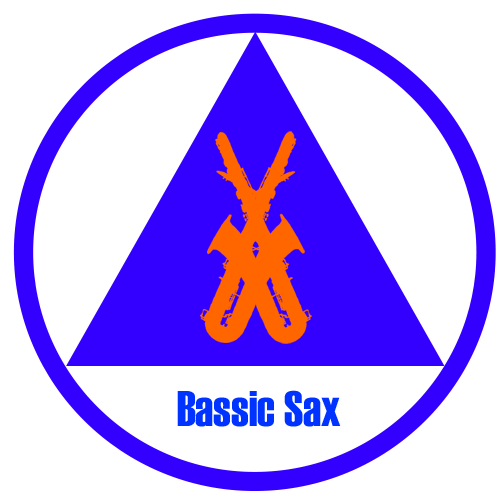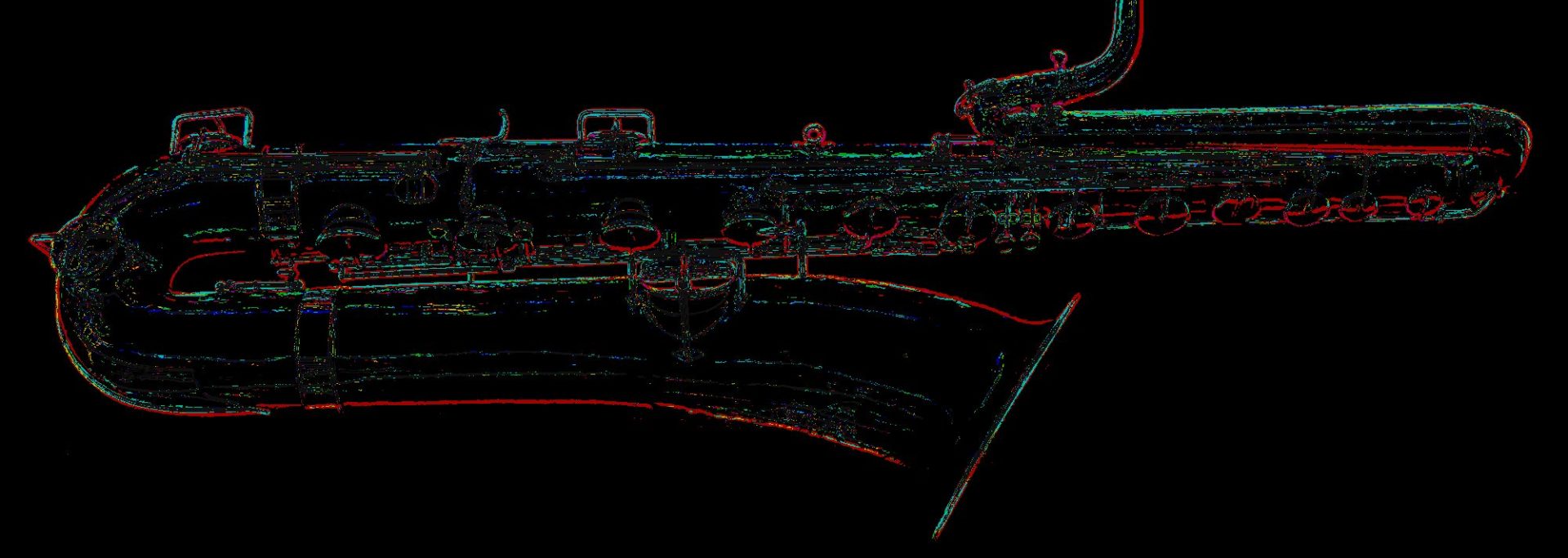 Over the past couple of months I’ve written a number of articles (1, 2, 3,) outlining how the saxophone was either banned in various countries after the sax-happy 1920s, or was the object of hot political or public debate.
Over the past couple of months I’ve written a number of articles (1, 2, 3,) outlining how the saxophone was either banned in various countries after the sax-happy 1920s, or was the object of hot political or public debate.
Ah yes, the 20s… Saxophones had gripped the attention of not only North America—where every 2nd or 3rd house seemed to have a C melody in their front parlour—but also Europe.
We know that the Nazi Party of Germany did not really approve of the saxophone. More specifically, they didn’t approve of the kind of music it came to represent: American-style swing and jazz.
In the Soviet Union, if you were a saxophone player, you could find yourself in a concentration camp during the Cold War, if you were found to be playing “decadent bourgeois jazz”.
Depending on your geographical location, life could certainly be tough if you were a saxophone player in those early days.
The same might be true if you were a lover of saxophone music. Depending on where you lived, you might find yourself unable to listen to a saxophonist at all.
This is exactly what happened to the First Nations community that resided on Walphole Island—an island and Indian reserve in southwestern Ontario, Canada, on the border between Ontario and Michigan. According to an article in the August 20, 1922 edition of The New York Times, saxophones and new styles of dances were banned on the island, because the people were having too much fun. The result? Staying out too late, and lack of productivity the next day at work.
[perfectpullquote align=”right” bordertop=”false” cite=”” link=”” color=”” class=”” size=””]They want to dance all night, and no one wants to work the next day. Once they were satisfied with an ordinary band. Now they want cabarets.[/perfectpullquote]
Wow. The saxophone certainly seems to have been given a lot of power by politicians, and those in positions of authority. I believe the instrument came to represent a loss of power and control, for those who were used to being in authority. The backlash was swift and harsh. For those with a lack of vision, banning is always seen as the answer.
This is no different than prohibition, which coincidentally—or not—was going on at approximately the same time in the US.
Politicians, and those in positions of power, still use legislative banning as an ineffectual tool in an attempt to control public and private behaviours. Does it work? Sometimes. But more often than not, it falls short, and alienates part of the population in the process.
Ooops… How did we get here? Bringing this back to the saxophone in history….
Did the saxophone really have such a profound influence in society as law makers at the time claimed? What do you think?
It seems to me that our poor maligned instruments really are given too much credit. The times, they were a changin’. IMO, the sax just became a handy scapegoat.




